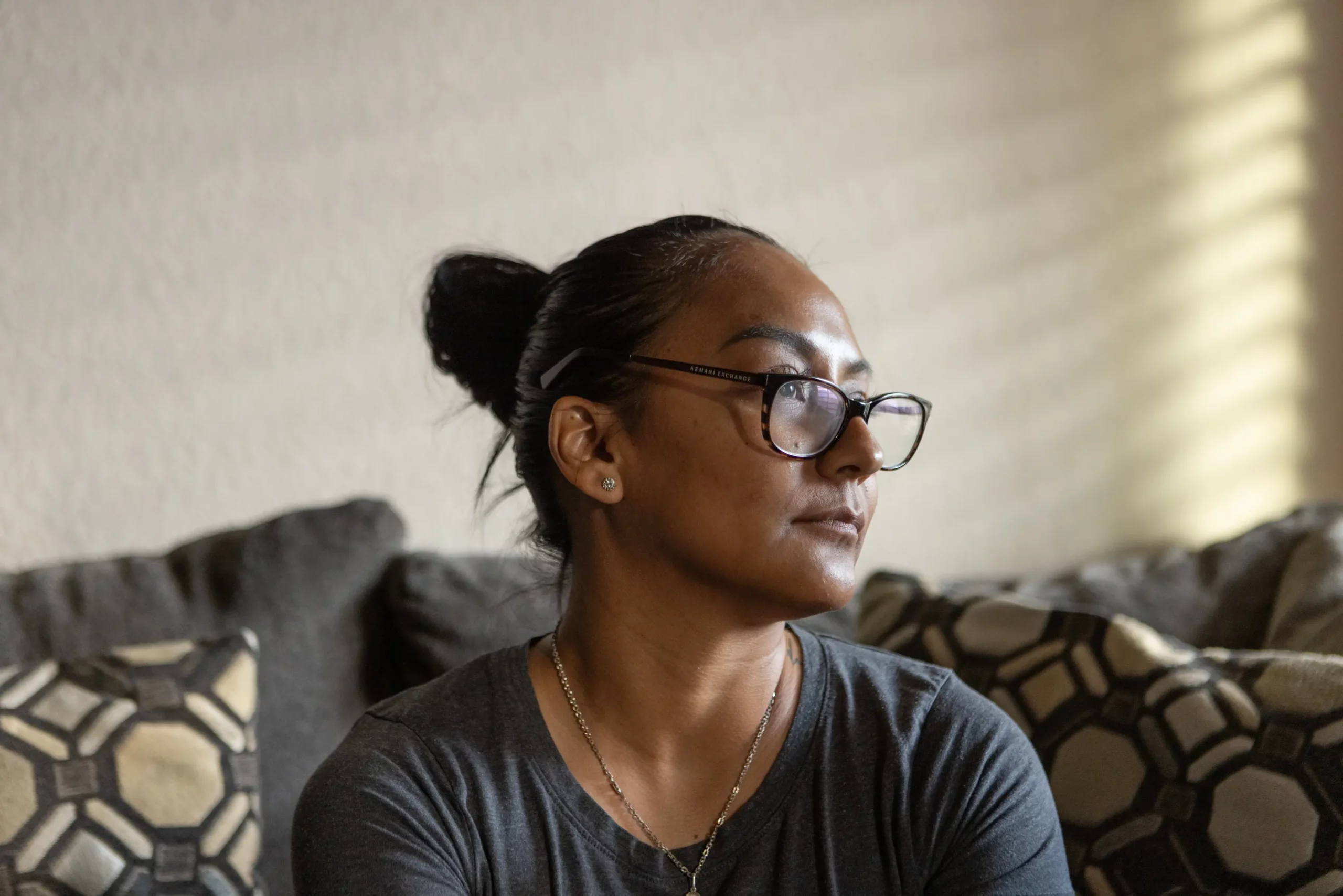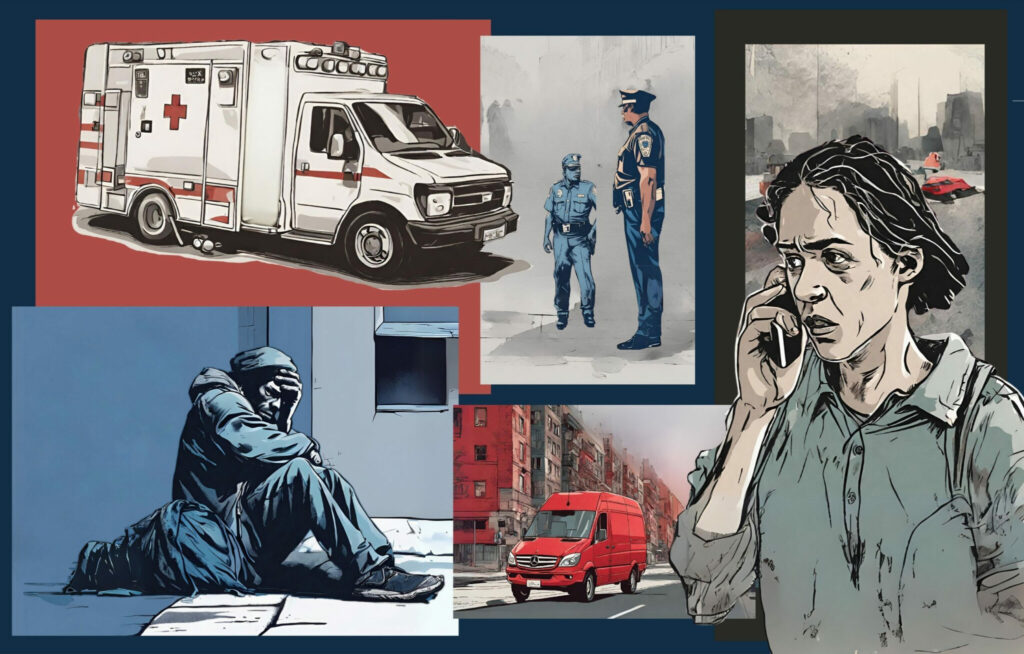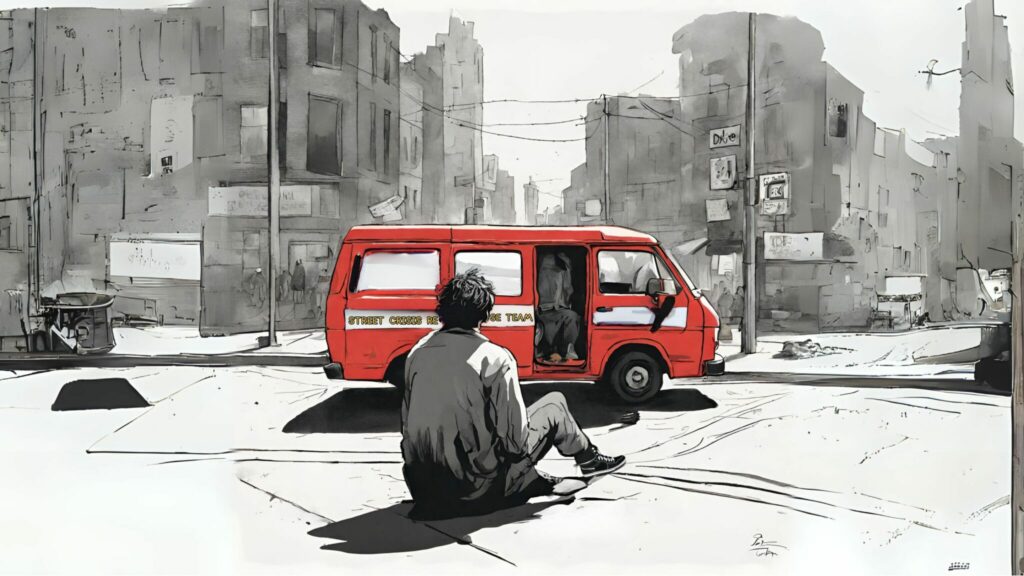How the Texas vision for seamless mental health care fell apart over 60 years

The Texas Tribune by Stephen Simpson, December 22, 2023: A lack of private providers, a swamped community mental health system, and low insurance reimbursement have cut off many in Texas from basic mental health services
It was in early 2020, a few months into the COVID-19 pandemic, that the world Elizabeth Ramirez knew – filled with her three kids’ activities and a job as a human resource specialist – came to an abrupt halt.
A teacher had called from her son’s El Paso school. Her 13-year-old, Orlando, mentioned suicide during a virtual class, sending Ramirez into a desperate search for an in-patient mental health facility.
Ramirez’s son hadn’t been the same since his friend died in an ATV accident. Since then, he had met with mental health professionals, but more severe depressive behavior and suicidal ideation were causes for serious concern.
Ramirez had found counseling for her son when he was 5 years old and diagnosed with ADHD, so she thought it wouldn’t be hard. But it proved nearly impossible.
None of the four nearest in-patient psychiatric facilities had a bed for her son. She left her job with the U.S. Department of Homeland Security to take care of her son full time, moving all three of her children onto Medicaid. That shrank her options even more, as providers told her they didn’t accept the federal and state health insurance program for the poor.
Ramirez even tried to reach out to university research trials for help, but she was told there were no spots.
“In every facility, every clinic, and even the main hospital in town, the answer was always the same. No availability and not enough providers,” she said.
What Ramirez discovered was that she was wading into a Texas mental health system that was confusing, lacking resources and sometimes inaccessible. It’s a system that doesn’t have enough trained professionals. A system where the local health centers set up by the state are so overwhelmed by needy patients that they can serve only a small portion of the communities they were designed to support. A system where even people with health insurance often can’t find the help they need — or can’t afford it because practitioners have resorted to only taking cash.
Read more from The Texas Tribune here.




